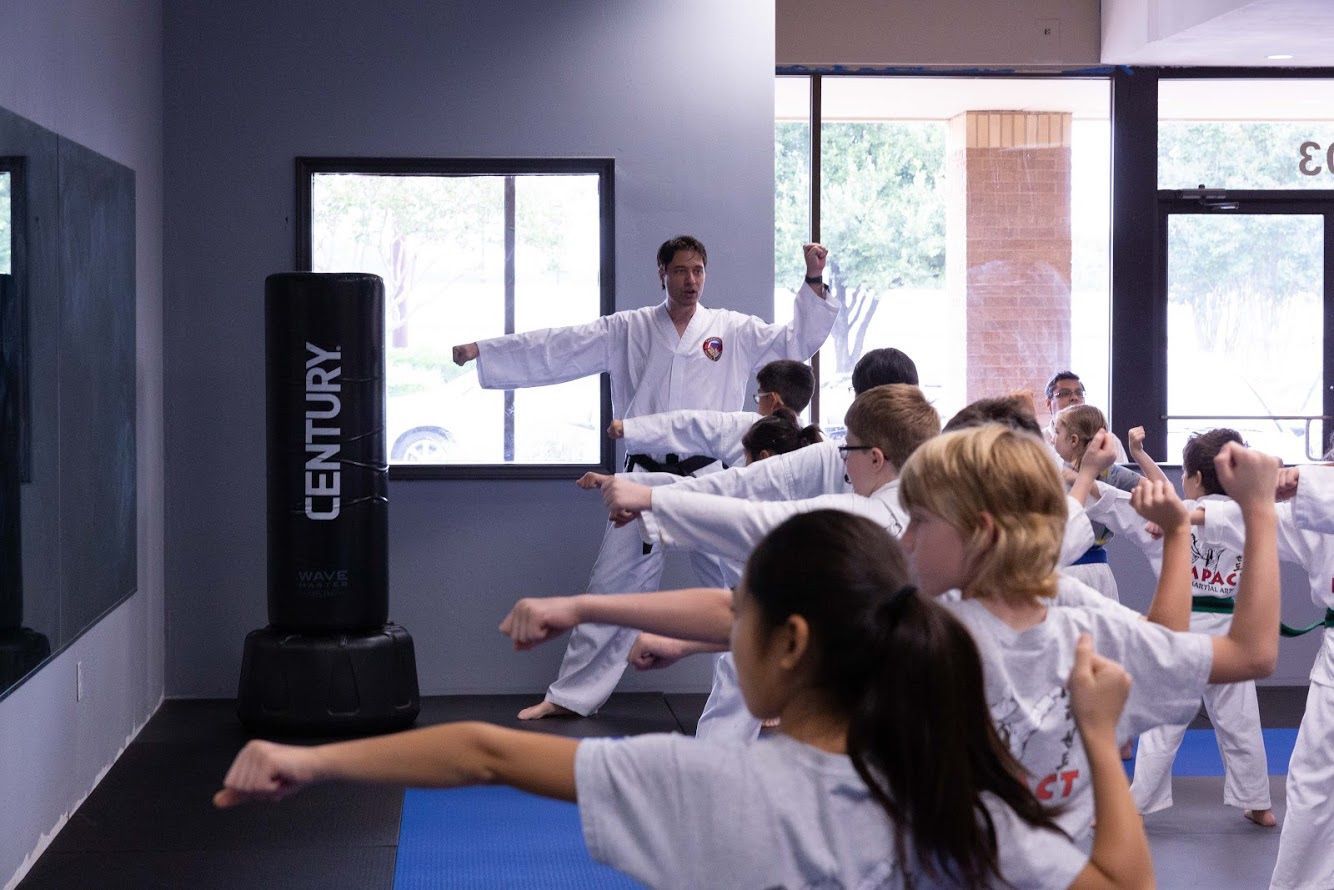Parenting and the Power of Self-Regulation: Navigating the Challenges of Life
How to teach your child to regulate their own emotions

Understanding and Cultivating Self-Regulation
Introduction:
Parenting can sometimes feel like they are navigating a complex maze. Unexpected challenges arise and suddenly plans derail. The question is, how do we respond? Do emotions take the driver's seat, or do we have the power of self-regulation to lean on? It's about harnessing the power of self-regulation not just for momentary challenges but for the marathon that is parenting.
The world we live in presents situations that can, at times, feel overwhelming. Take a moment to recall a challenging situation – perhaps missing a crucial flight, losing out on an opportunity, or dealing with a particularly rebellious child. These moments test our emotional and sensory regulation abilities. How we react in such scenarios is often a testament to our self-regulation skills.
What Is Self-Regulation?
Emotional regulation is the capability to recognize, understand, and manage our emotions in a healthy manner. It's about responding rather than reacting. Tied closely to this is sensory regulation – refocusing our nervous system to match our environment, thus enabling emotional regulation. On the flip side, regulatory dysfunction is an inconsistent ability to regulate emotions or use healthy coping strategies.
Jessica Addeo, an experienced occupational therapist, describes self-regulation as having the right balance of coping chemicals in the brain for a given situation. It's not necessarily about being calm; it's about being present, grounded, and centered, adjusting as per the situation.
Understanding Self-Regulation:
At the heart of positive parenting lies self-regulation. It’s akin to a parent's toolkit — a set of skills and strategies to manage one's emotions and behaviors. It's the art of keeping your cool when your toddler throws a tantrum in the grocery store or when your teen rebels.
But why is it essential, especially for parents? The act of parenting is interwoven with emotions - joy, frustration, love, worry, pride, and sometimes even anger. It’s this emotional rollercoaster that makes self-regulation paramount.
Why Is Self-Regulation Important?
Addeo points out that when dysregulated, our brains go "offline." The brain's primary job is to ensure our safety. When it feels unsafe, it stays on high alert – causing anxiety and distraction. Only when the brain feels safe can it focus on other tasks like learning or socializing.
The Pervasiveness of Emotional Outbursts
Childhood and teenage years are rife with intense emotions. While these instances might be considered typical, mastering self-regulation can transform these reactions into more controlled responses.
The Science Behind It:
At the core of self-regulation lies our brain's fascinating ability to balance emotions and logic. When emotions run high, the logical part of our brain, the prefrontal cortex, can get overshadowed. This balance between the emotional (amygdala) and the logical (prefrontal cortex) is the crux of self-regulation. A balanced brain leads to better decisions, especially in parenting.
For parents, this balance ensures we provide consistent, loving, and structured guidance to our kids. Children, with their sponge-like minds, absorb the behaviors they observe. A well-regulated parent models positive behaviors, demonstrating how to handle challenges and setbacks.
Self-Regulation Vs. Co-Regulation:
Just as a young sapling leans on a stake for support, children lean on adults for emotional support. This phase of emotional reliance is termed co-regulation. It’s the dance between a child seeking comfort and an adult providing it. Over time, with consistent support, children internalize these behaviors, leading to self-regulation.
Case Studies: Transformations Through Self-Regulation
Sarah's Story: Sarah was a lively 8-year-old with a penchant for dramatic reactions. When things didn't go her way, she would often scream or cry. Her parents, while understanding, were at their wits' end. They turned to simple self-regulation exercises at home. After a few months, Sarah was more controlled and could express her feelings without major outbursts.
Mike's Journey: Mike, a teenager, struggled with anger issues. It affected his relationships and schoolwork. After discovering the benefits of self-regulation, coupled with some martial arts principles, Mike started practicing mindfulness. Slowly but surely, Mike's relationships improved, and he found better ways to handle his anger.
Practical Guide for Parents: Cultivating a Self-regulated Household
1. Set Clear Boundaries: Just like in martial arts where there are rules in place, setting clear boundaries at home can help children understand expectations. It provides them a framework within which they can operate without fear of unpredictability.
2. Encourage Expression: Instead of suppressing feelings, encourage your children to express them. Use tools like "feelings charts" or "emotion journals" to help them articulate their emotions.
3. Create Routines: Routine provides a sense of security. It's like the repetitive practice in martial arts – you know what's coming next, and there's comfort in that predictability. Ensure that there's a semblance of routine in your child's day, even if it's as simple as a consistent bedtime.
4. Practice Mindfulness and Meditation: Introduce your children to mindfulness exercises. Even 5 minutes a day can make a significant difference in their ability to self-regulate. Over time, this can be a game-changer. Here's a link to 5 Great Mindfulness exercises for kids.
5. Lead by Example: Children learn by observing. If they see you practicing self-regulation and handling situations calmly, they are more likely to emulate that behavior.
Self-Regulation Tips
Seek Guidance: Parenting doesn't come with a manual. Attending parenting classes or consulting a child therapist can provide tailored strategies for emotional balance.
Movement and Play: Physical activity isn't just for fitness; it's a brilliant emotional outlet. Whether it's a family jog, a playful tickle fight, or dancing, movement can diffuse tension and enhance mood.
Craft a Comfortable Space: Your environment plays a significant role in emotional well-being. Creating spaces for quiet reflection or active play can cater to varying emotional needs.
Mental Breaks are Essential: Being constantly 'on' can be draining. Taking short breaks, practicing mindfulness, or even indulging in hobbies can be rejuvenating.
Communicate: Foster open communication channels with your kids. When they understand what you feel and why they learn the importance of emotional expression.
The Lifelong Benefits of Self-Regulation
Learning self-regulation during childhood sets the stage for adulthood. Such individuals often perform better in jobs, maintain healthier relationships, and lead more content lives.
Conclusion
Self-regulation is akin to mastering a skill like martial arts – it demands dedication, practice, and continuous learning. For parents, teaching this to children is a gift that keeps on giving, setting them up for success now and in the future. While self-regulation might seem like a lofty goal, it's achievable with consistent effort and the right tools. It's much like martial arts in that way; it requires dedication, practice, and the belief that you can always improve. As parents and caregivers, it's one of the most valuable skills we can impart to our children. Not only does it set them up for success in their formative years, but it also lays a foundation for a fulfilling, balanced adult life.
Ready to Equip Your Child with the Ultimate Skill of Self-Regulation?
At Impact Martial Arts, we don't just teach kicks and punches. We empower children with vital life skills, like self-regulation, to help them confidently navigate the challenges of life. Join us and watch as your child grows in confidence, discipline, and self-awareness, transforming into a grounded and well-balanced individual. Dive into the world of self-improvement and lasting change. Discover more at www.austinimpact.com.


